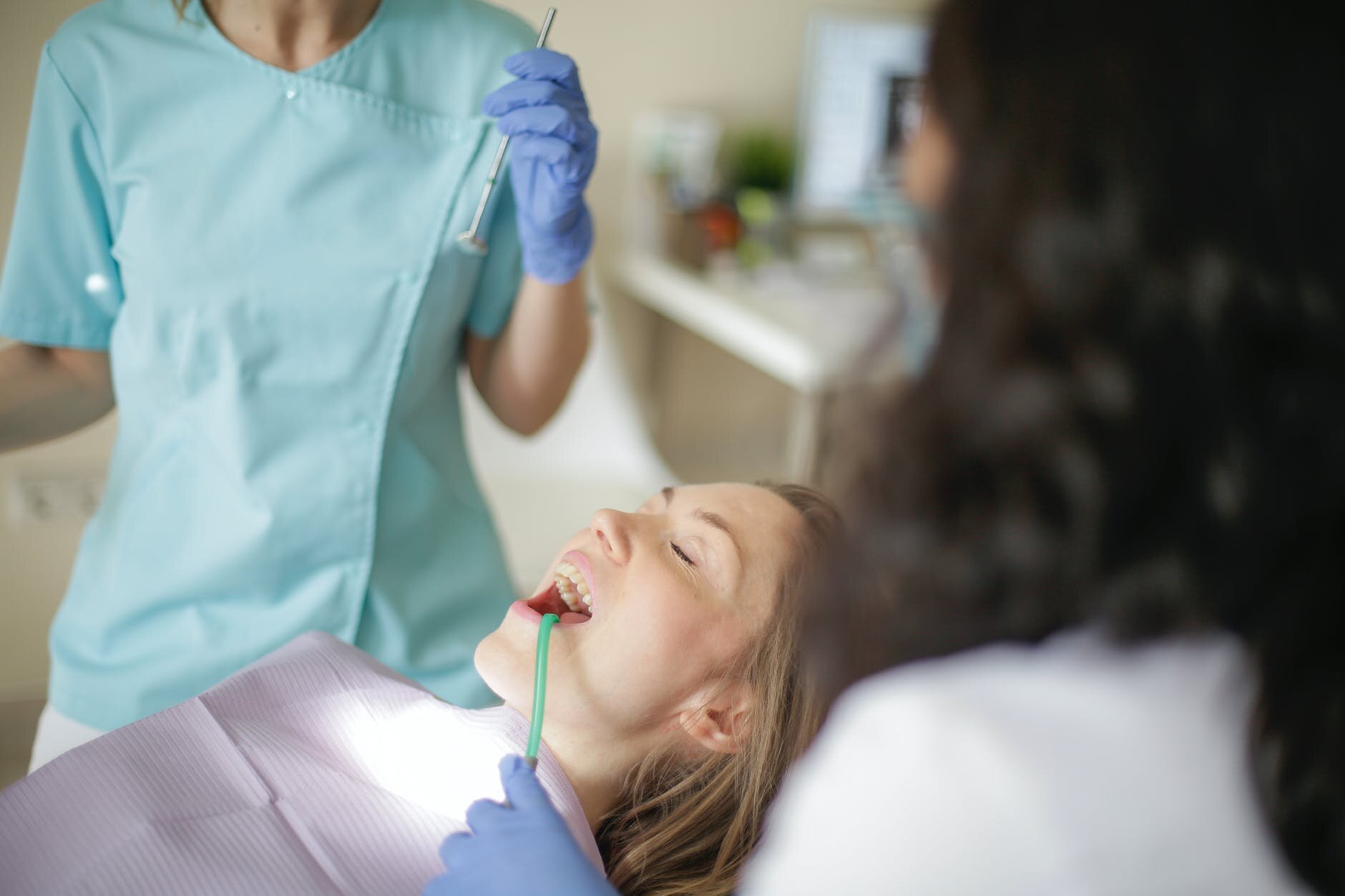The Purpose of Facial Reconstruction With All On Four Implants: To answer this question, we must first be clear that there is a difference between facial reconstruction and facial prosthetics reconstruction. The latter involves providing the patient with a prosthesis (artificial) that cosmetically restores the lost tooth or teeth. The former provides the patient with a prosthetic device i.e. All on 4 Implants that will permanently retain an artificial replacement for his missing tooth or teeth and allow him to return to normal function. This is accomplished by surgically placing four dental implants in the upper and lower jaws at points where they will support one or more prosthetic devices similar to those used when removable dentures are worn.
Reasons Of Facial Reconstruction Failure
The most common reason patients are referred for facial reconstruction is failing, due to age, illness, multiple strokes, diabetes, etc., so they can no longer wear their existing restorations effectively. Although some patients referred for dental implants are very interested in facial prosthetics reconstruction when they first visit the office of the dentist. It has been generally found that this desire is the result of a misunderstanding about what actually can be accomplished by placing dental implants.
How Can Dental Implants Help?
Indeed, a patient who suffers from failing health or has suffered through multiple strokes and/or diabetes and therefore has lost all teeth may be able to wear an artificial replacement for his missing tooth or teeth if he is fortunate enough to get a dental implant(s) placed. However, it should be clearly understood that even though this possibility remains open, there will need to be sufficient bone volume on the roof (palate) of the mouth above each implanted device. It is essential to support a conventional fixed bridge or one or more removable prostheses. Suppose there is an insufficient bone volume on the palate. In that case, a conventional fixed bridge or even a complete denture may not be possible because of problems caused by the amount and thickness of soft tissue present above each implanted device when it is in place.
Moreover, regardless of whether or not sufficient bone volume will exist at the time the patient comes into the clinic for evaluation, he should understand that if he does decide to have dental implants placed for facial reconstruction and if later he requires surgery anywhere inside his mouth for any reason such as oral cancer, then all dental implants must first be removed before surgery can begin in order to prevent complications from taking place.
Benefits of 'All on 4 Implants' for Facial Reconstruction
Despite all the potential problems mentioned above, there is one very important advantage to having dental implants placed for facial reconstruction. This advantage lies in the fact that once a sufficient number of dental implant sites have been established and well supported by bone, then a patient can wear almost any type of conventional fixed bridge or prosthesis at all times without much risk that it may become loose or even fall out.
There are two main reasons why patients who have been referred for dental implants do not want to pursue facial prosthesis reconstruction at this time, especially if they are very elderly or suffering from multiple health problems. One is financial, and one is psychological. Although an individual's oral health insurance may indeed cover part of the cost associated with each surgery involved in establishing a sufficient number of bone-supporting sites for placing dental implants, there still will need to be an additional expense incurred by each patient out of pocket either directly (i.e., cash money) or indirectly (i.e., whatever monthly payment amount the individual owes if he has a dental insurance policy and pays an annual deductible).
On top of all this, many people diagnosed with failing health may be in the final stages of their lives. So they are not enthusiastic about having major cosmetic surgery performed on their face even if it can be done to restore some semblance of normalcy to how they look. Nevertheless, when a patient is unwilling to undergo facial prosthetics reconstruction now but later changes his mind, then for reasons already stated, no further action will be possible because all dental implants must first be removed before any other type of surgery can begin to prevent complications from occurring.
Valley Creek Dental Care: 'All on 4 Implants' Specialist
Valley Creek Dental Care offers 'All on 4 Implants' services to our patients who live in the Haltom City, TX area. We offer various general dentistry services, including cosmetic dentistry, dental implants, emergency dentistry, teeth whitening, and dentures. We provide comprehensive treatment planning and oral examinations for all patients, so their needs are met. Learn more about our services by searching for dental implants near me. You will find our clinic in top results. We suggest dental implants to those who wish to improve the quality of their smiles—we providing high-quality dental care services supported by a friendly team of caring professionals. We charge reasonably for our dental services.






